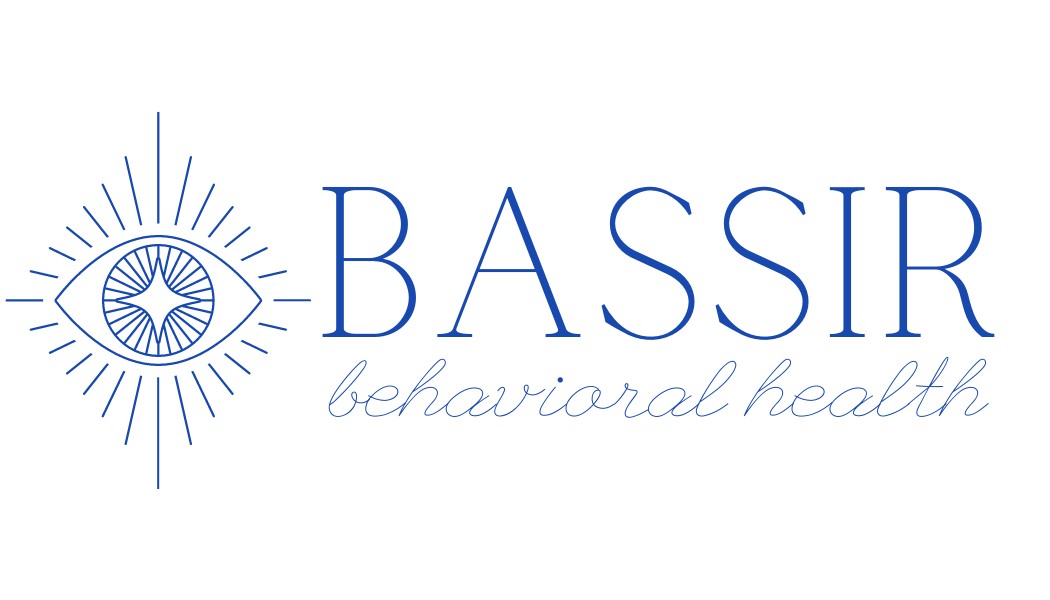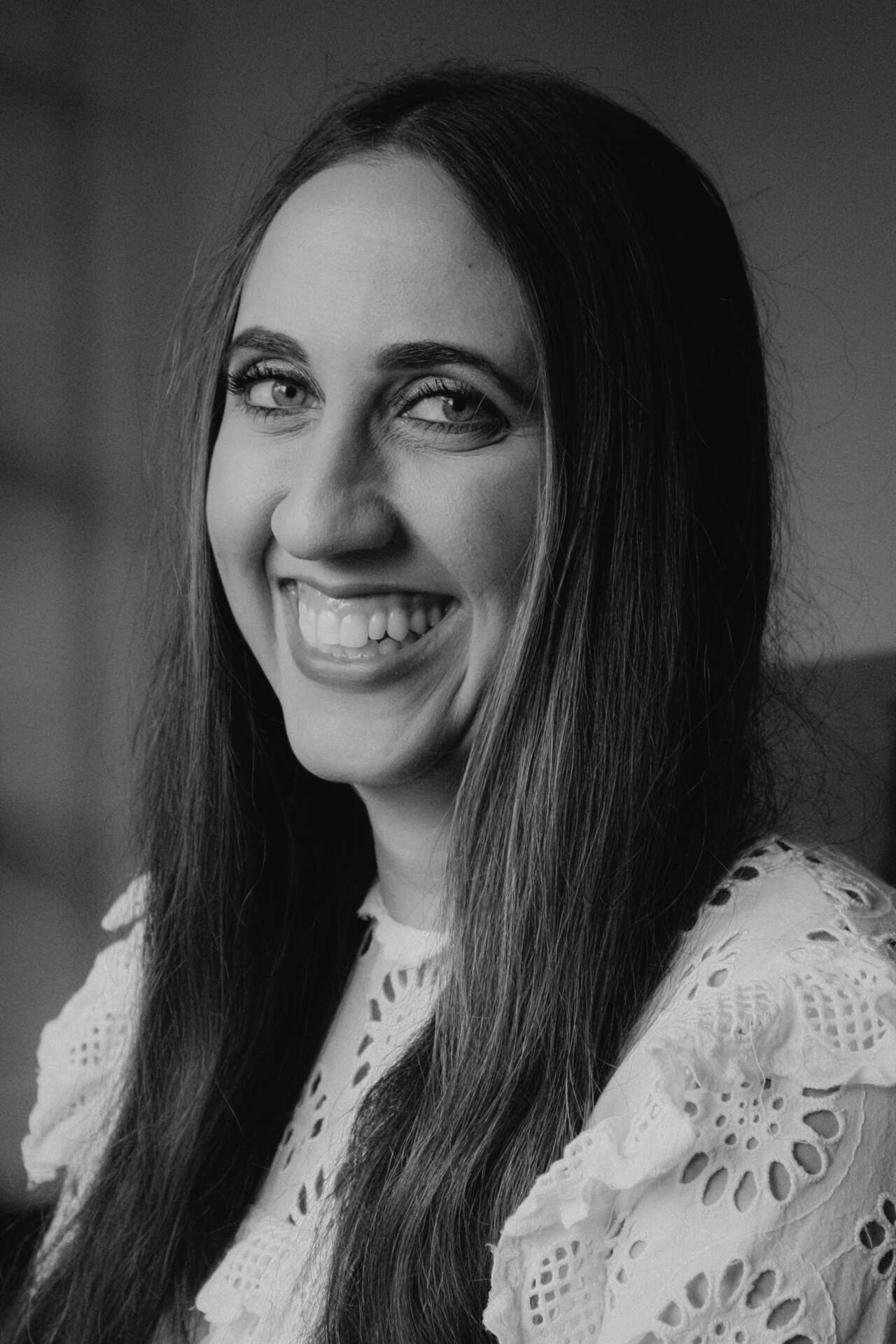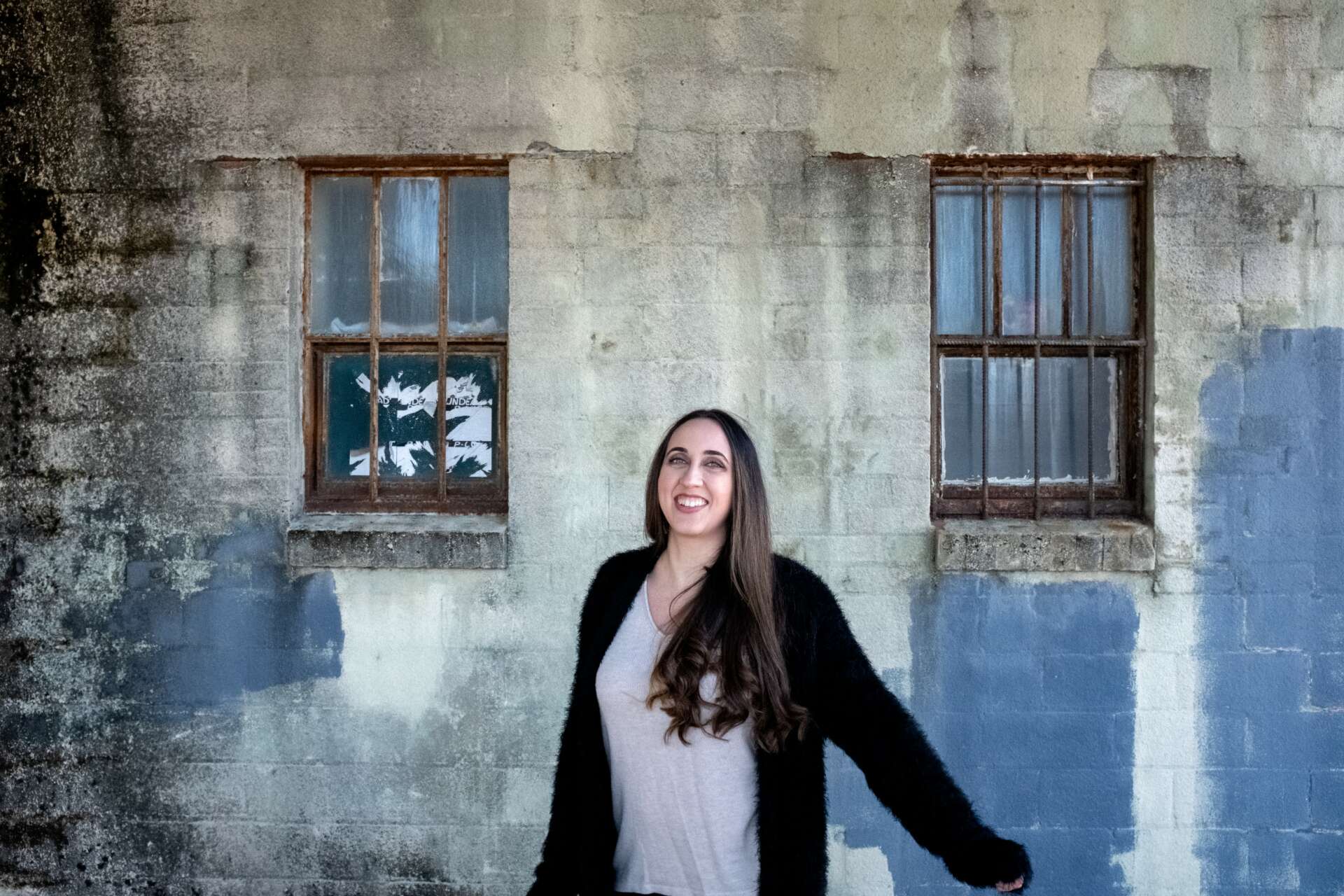Alright – so today we’ve got the honor of introducing you to Ametis Bassir. We think you’ll enjoy our conversation, we’ve shared it below.
Ametis, looking forward to hearing all of your stories today. What’s the best advice you ever gave to a client? How did they benefit / what was the result? (Please note this response is for education/entertainment purposes only and shouldn’t be construed as advice for the reader)
I remember this really vividly and the expression on my client’s face in when I said “don’t take things personally.” This was a client I had been working with for several years and had built a strong rapport with. She was struggling at the time with lacking self-confidence, trauma from previous relationships, and setting boundaries. I shared with her that other people are experiencing their own perception of reality. So when someone makes a passive aggressive comment, or someone doesn’t like what you’re saying, or getting defensive emotionally. We may feel guilty or worried what others might think of us, but the truth is that nothing what other people do or say is about us. I have recommended the book The Four Agreements by Don Miguel Ruiz to nearly every client I’ve had. It is truly the best advice (in a book) I ever received and I’ve continued to pass it along to whoever crosses my path.


Awesome – so before we get into the rest of our questions, can you briefly introduce yourself to our readers.
Growing up I compared myself to how my friends looked, worried about my weight, questioned if I was thin enough or pretty enough. Even though I was smart & excelled in academics and sports, I never felt good enough. I was the ultimate definition of a perfectionist (and currently a recovering perfectionist). Don’t get me wrong, my family & friends were encouraging and supportive, it had nothing to do with them. It had everything to do with me and my inner critic. Fast forward to my last semester in college at Texas A&M University (Gig ‘Em!) I grew close to a professor who gave me the advice of getting my master’s degree and become a therapist. I had no idea what this meant, but I felt sure that he knew me well enough and my skills to point me in the right direction. It was a risk and I took it. I moved to Washington, DC and completed my master’s degree in education and human development at The George Washington University. It was an incredible opportunity that gained me lifelong friendships and clinical experiences & memories I still reflect on today. During the completion of my master’s, I had a best friend who was diagnosed with an eating disorder and went to treatment. I realized how I had my own disordered patterns, behaviors, and negative relationship with food and my body. She inspired me to specialize in treating eating disorders. I worked for several years at various acute levels of care including partial hospitalization, intensive outpatient, university counseling centers, non-profits. All these experiences lead me to fulfill my dream of opening my own private practice, something I had thought of through my discussions with professors in my master’s program. In my practice, I provide individual therapy for adults specializing in disordered eating, body image issues, anxiety, identity issues, relationships, and trauma. I also have advanced training Gottman Method, which is a type of couples therapy treatment and really enjoy working with couples. I provide services for professionals through supervision and business coaching for those who are seeking to be independent clinicians and need help navigating applying to school, job seeking, etc.

What’s a lesson you had to unlearn and what’s the backstory?
One of the biggest values I learned as a child was that when everyone else leaves, your family will have your back no matter what. After seeing clients for years now, I know this lesson to not be necessarily true for so many people’s stories I’ve heard. At the heart of it, it’s saying don’t rely on others because someone will fail you but your family won’t. But what happens when your parents or siblings do? I’ve had many clients share their family of origin stories, abuse, neglect, etc. Asking for help can be extremely difficult for some people, no matter the ask (big or small). Asking for help has historically been stigmatized as a symbol of weakness, and I think it’s about time we change the narrative on this. When we reach out for support, you’re acknowledging that we (as individuals) cannot do everything on our own. As humans we are naturally connective beings, and thus need a healthy level of reliance on our support network (friends, mentors, agencies, schools, family, professionals, etc.) we start to feel not so alone in our problems or worries. We know we can rely on another entity when we are feeling unsteady and can rebuild our sense of sturdiness.
Can you tell us about what’s worked well for you in terms of growing your clientele?
Formulating my business values were so important to me and contributed to cultivating my brand and who I am. My business values are authenticity, growth, inclusivity, holistic healing, and integrity which truly encompass what I’m about and my approach to working with clients. Showing up as my genuine self feels the most important part of my work and how I show up with people I cross paths with, whether that be clients, colleagues, students, referring professionals, etc. Ultimately, providing mental health services is about connecting with the client and building rapport in that relationship to allow someone else to open up to you. Potentially sharing secrets, feelings, thoughts that they haven’t before. Connecting with other professionals in the community is crucial in growing your practice. You cannot build it alone, and I certainly would not have built the success I have without the numerous colleagues, friends, mentors, supervisors who have trusted in me to share clients with, refer clients, and share office space with. My best advice is working on developing that strong sense of self and identify what your values are, when you show up authentically in any space you’re in, you display to others you aren’t afraid to be who you are and your ideal client wants what you have to offer. Squash the comparison game and step into the power of what you have to offer.
Contact Info:
Image Credits
Matthew Browning


